Economic Theory Seminar
Non-Common Priors, Incentives, and Promotions: The Role of Learning
Nicolas Klein (University of Montreal)
Abstract:
We analyze a repeated principal-agent setting in which the principal cares about the agent's verifiable effort as well as an extra profit that can be generated only if the agent is talented. The agent is overconfident about his talent and updates beliefs using Bayes' rule. An exploitation contract in which the agent is only compensated for his effort if the extra profit materializes maximizes the principal's profits. In this optimal contract, the agent's principal-expected compensation decreases over time and learning exacerbates his exploitation, unless he has been revealed to be talented. Therefore, the principal's profits may increase with failures, and the agent may only be employed if his perceived talent is sufficiently low. As an application of these results, we analyse a firm's optimal promotion policy, and show that promotion to a new job may optimally be based on the agent being successful in a previous job, even if the agent's talent across jobs is entirely uncorrelated. This provides a novel explanation for the so-called Peter Principle, for which Benson et al., 2019 have recently provided evidence in a setting with verifiable performance and highly confident workers.
Joint work with Matthias Fahn.
Location:
CEPS ENS Paris-Saclay
4 avenue des Sciences, 91190, Gif-sur-Yvette






